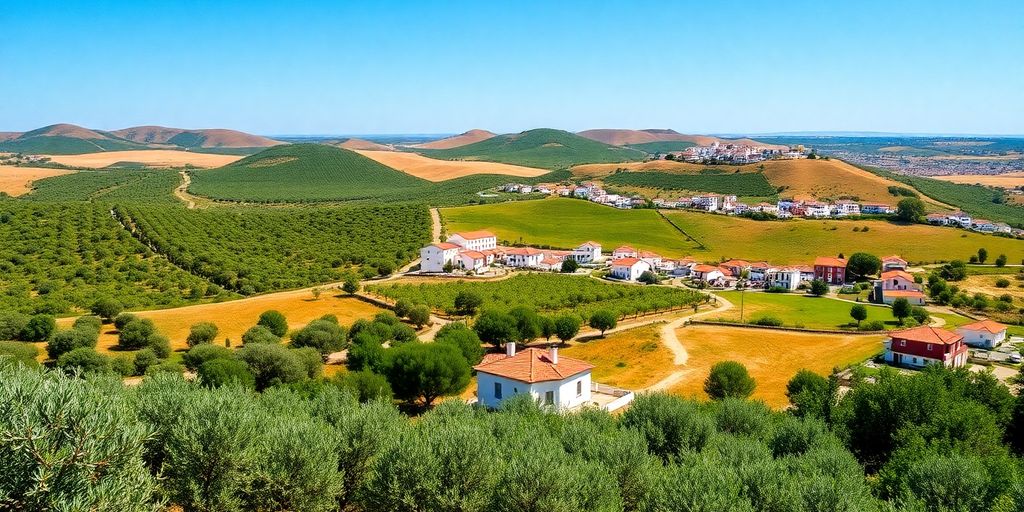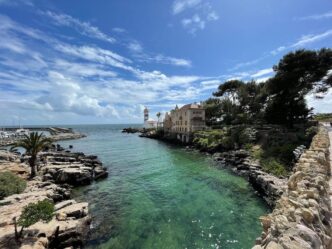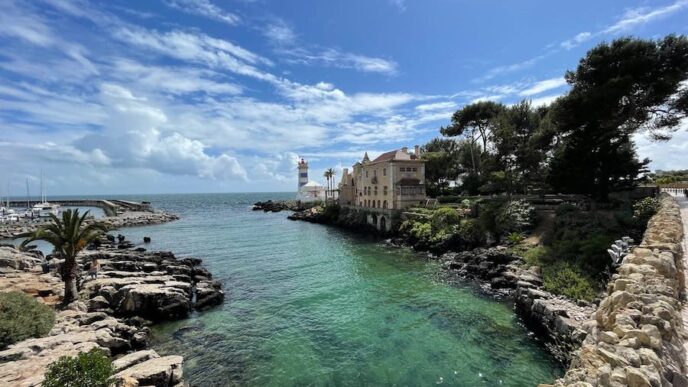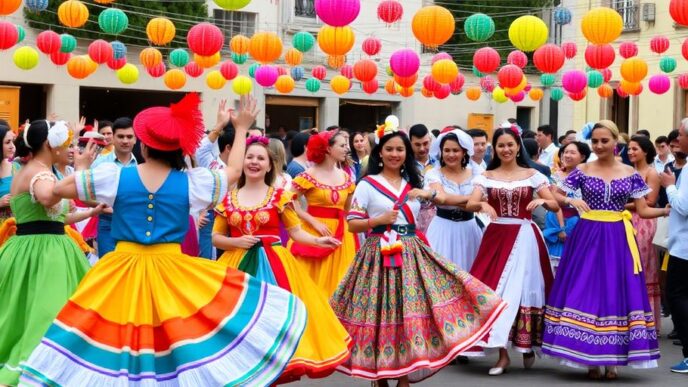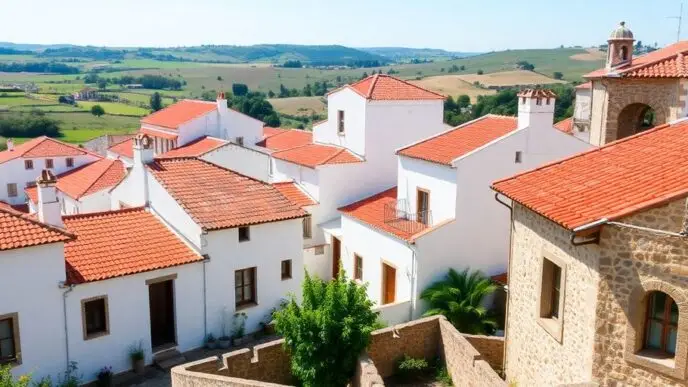Alentejo, a picturesque region in Portugal, has been selected to host the prestigious title of European Capital of Culture in 2027. This recognition is expected to boost tourism, enhance cultural exchange, and promote local heritage, making it a significant milestone for the region.
The Significance of the Title
The European Capital of Culture initiative was launched in 1985 by the European Union to promote culture, tourism, and mutual understanding among European citizens. Each year, cities across Europe compete for this title, which brings with it a wealth of opportunities and challenges.
For Alentejo, this title is not just an honor; it is a chance to showcase its rich cultural heritage, stunning landscapes, and vibrant communities. The region is known for its traditional music, gastronomy, and historical sites, which will be highlighted throughout the year.
Cultural Initiatives Planned
In preparation for this momentous occasion, several cultural initiatives are being planned:
- Art Exhibitions: Local artists will be invited to showcase their work in various galleries and public spaces.
- Music Festivals: A series of music festivals featuring both local and international artists will be organized.
- Culinary Events: Gastronomic events will celebrate Alentejo’s unique cuisine, attracting food enthusiasts from around the world.
- Workshops and Seminars: Educational programs will be held to engage the community and promote cultural exchange.
Economic Impact
Hosting the European Capital of Culture is expected to have a significant economic impact on Alentejo. The influx of tourists will benefit local businesses, including hotels, restaurants, and shops. Additionally, the event will create job opportunities in various sectors, from hospitality to event management.
Community Engagement
One of the primary goals of the European Capital of Culture initiative is to foster community engagement. Local residents will be encouraged to participate in the planning and execution of events, ensuring that the celebrations reflect the true spirit of Alentejo. This involvement will help strengthen community bonds and promote a sense of pride among residents.
Conclusion
As Alentejo prepares for its role as the European Capital of Culture in 2027, the region is poised to embrace this opportunity to shine on the European stage. With a focus on cultural diversity, community engagement, and economic growth, Alentejo is set to make a lasting impression that will resonate well beyond the year of celebration.


